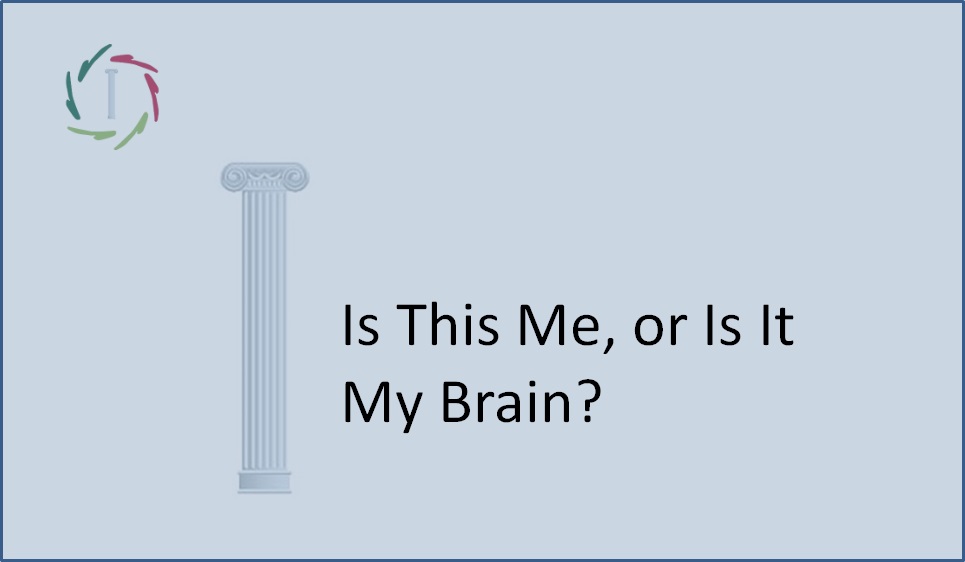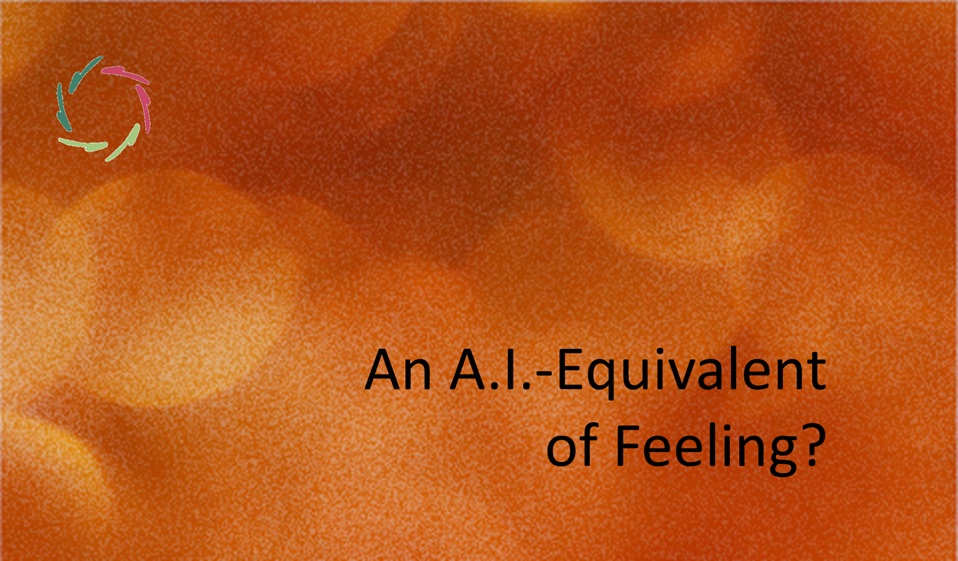The Modern Subconscious

“Consciousness is a much smaller part of our mental life than we are conscious of, because we cannot be conscious of what we are not conscious of. How simple is that to say; how difficult to appreciate!” (J. Jaynes 1976)
From light waves to consciousness
When looking at the world, we are consciously aware of some objects in the surroundings. What comes to us however are light waves that reach the retina and are decomposed into a myriad of nerve impulses that look like chaos. These travel to different visual areas in the brain. On its way towards conscious or subconscious ‘output’, all this chaos-like information undergoes a lot of modulation. It all happens of course in less than a second. Important in this is that a lot of this modulation is meaningful without us being consciously aware of this modulation.
Emotionally significant events
are more likely than neutral events to capture conscious visual attention, which necessarily happens before they are conscious. The conscious ‘seeing’ part happens somewhere at one of the ends of the ‘chain’. It is as if we are looking directly at the world, yet what reaches consciousness has been modulated at least as much by our own meaningful pre-conscious processing as by the objects that we ‘see’.
Of course we do not have most of what we see in our head first, but we have lots of patterns that are more or less coarse and general. E.g. even if we see a baobab for the first time, we recognize it as a tree. Moreover, we recognize it spontaneously as such, without having to analyze its characteristics. There is a spontaneous pattern recognition with little to no consciously felt mental effort involved.
This actually works so well that I have no experience of my brain
but I do have experience of my conscious mind (introspection). It is therefore as if my mind is independent of my brain. My brain is ‘transparent’. Conversely, I have experience of things in my environment or body. Looking at them, I generally do not experience my mind. Therefore in this case it is my mind that is ‘transparent’. So in my experience either I look at my mind OR at my body. They feel separate. It is precisely because subconceptual processing works so well, that it is so difficult to see the one in the other and the other in the one.
This view of the ‘modern’ (non-Freudian) subconscious is much older than the Freudian.
Although Descartes didn’t accept the existence of non-conscious mental activity, others certainly did. E.g. John Norris, 1690: “There are infinitely more ideas impressed on our minds than we can possibly attend to or perceive.” Wilhelm Wundt in +/- 1870 believed that mental processes are almost totally unconscious and that we become consciously aware only of the results of these processes. It is our subconscious that continuously creates and produces. Nietzsche too saw fundamental mental activity as subconscious, all knowledge being “the making conscious of the subconscious”.
A good definition of the ‘modern’ subconscious
may be: all mental processes of which we are not conscious yet that influence our thoughts, emotions, perception and behavior in meaningful ways. As such, the subconscious does almost anything of mental importance. Some examples where we can see the subconscious in action are enumerated in [see: “The Subconscious in Action”]
There are not 2 separate mental domains, one conscious and the other subconscious.
This idea is mainly a Freudian relic. Instead, there is one whole of mental activity, part of which has the additional characteristic of being conscious. This begs the question why. Is it for the sake of consciousness itself or is consciousness a by-product? We can use the following metaphor:
Undersea mountains
 Undersea mountains do not rise in order to get above the surface of the sea. Also, when an island is formed, this does not float upon the sea, unrelated to the mountain below. This image shows how consciousness is not just another, additional factor of our brain when compared to other animals. The reason why we have consciousness (this is: why evolution has developed us into such beings) has to be searched in our subconscious itself. Therefore also we cannot say that for instance a placebo – or better said: the suggestion that comes together with it – has no influence upon the subconscious. If it reaches consciousness, it does so through the subconscious. It is not the placebo pill that generates hope or expectation, but our own subconscious as it reacts to the placebo suggestion. From here eventually, it may or may not reach consciousness.
Undersea mountains do not rise in order to get above the surface of the sea. Also, when an island is formed, this does not float upon the sea, unrelated to the mountain below. This image shows how consciousness is not just another, additional factor of our brain when compared to other animals. The reason why we have consciousness (this is: why evolution has developed us into such beings) has to be searched in our subconscious itself. Therefore also we cannot say that for instance a placebo – or better said: the suggestion that comes together with it – has no influence upon the subconscious. If it reaches consciousness, it does so through the subconscious. It is not the placebo pill that generates hope or expectation, but our own subconscious as it reacts to the placebo suggestion. From here eventually, it may or may not reach consciousness.
Once the breakthrough of consciousness arose
through evolution – in the course of a very long time – its plentiful advantages gradually emerged. Even so, these advantages can be seen to result from increasingly complex subconceptual processing, from which consciousness came to light as a fortuitous byproduct. In this way, our conscious thoughts are shown to be much more meaningful than they would otherwise be. This does not minimize the importance of conscious thinking – quite the opposite.


